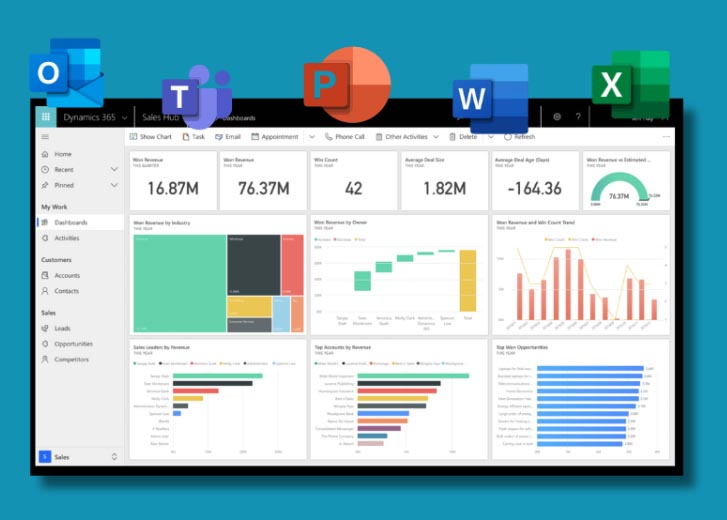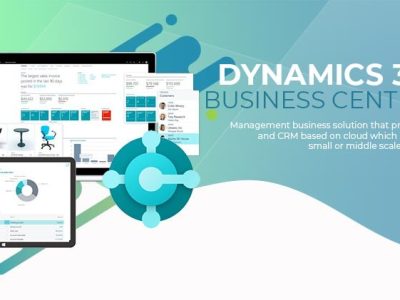Optimize Dynamics 365 Finance and Operations with our smooth cloud migration
Thinking about migrating from on-premises Dynamics 365 Finance and Operations to the cloud? We know it can be daunting, but that’s where we come in. Our specialized consulting service offers comprehensive assessments tailored just for your business. We’ll provide you with a clear roadmap, so you can navigate the migration process with confidence.
Why Migrate to the Cloud?
Discover the benefits of cloud migration:
- Scalability: Scale resources up or down to match demand, accommodating growth and workload fluctuations.
- Cost Efficiency: Shift from CapEx to OpEx, reducing upfront hardware costs and maintenance expenses.
- Flexibility & Accessibility: Access D365 F&O from anywhere, anytime, on any device, boosting collaboration and productivity.
- Business Continuity: Ensure high availability and disaster recovery with built-in redundancy.
- Innovation: Stay ahead with AI, machine learning, analytics, and IoT integration.
- Reduced IT Overhead: Offload routine maintenance, freeing your IT team for strategic initiatives.
- Global Reach: Expand easily into new markets with low-latency access worldwide.
Why Choose Our Assessment Services?
- Comprehensive Approach: We analyze technical, operational, and business factors.
- Data-Driven Insights: Accurate recommendations based on thorough analysis.
- Risk Mitigation: Proactive risk assessment and strategies to minimize challenges.
- Clear Communication: Transparent findings and recommendations.
- Business Goals Alignment: Migration strategies aligned with your overall business objectives.
Pre-Migration Planning
- Assess Current Infrastructure: Evaluate existing hardware, software, and customizations.
- Define Migration Scope: Identify which modules and data to migrate.
- Develop a Migration Strategy: Choose the right approach (lift-and-shift, re-implementation, or hybrid).
Migration Execution
- Data Backup and Preparation: Ensure data consistency and perform necessary cleanup.
- Configure Cloud Environment: Set up Azure infrastructure and necessary services.
- Migrate Data and Customizations: Execute migration, leveraging Microsoft tools and expertise.
Post-Migration Support
- Testing and Validation: Verify data integrity and system functionality.
- End-User Training: Educate teams on new cloud-based Dynamics 365 environment.
- Ongoing Support and Optimization: Monitor performance, address issues, and refine configurations.
Optimizing Dynamics 365 Finance and Operations through cloud migration unlocks numerous benefits, from scalability to cost savings. By understanding potential challenges and following a structured approach, businesses can ensure a seamless transition. Partner with experienced professionals to navigate the migration process and maximize the potential of your Dynamics 365 investment.







